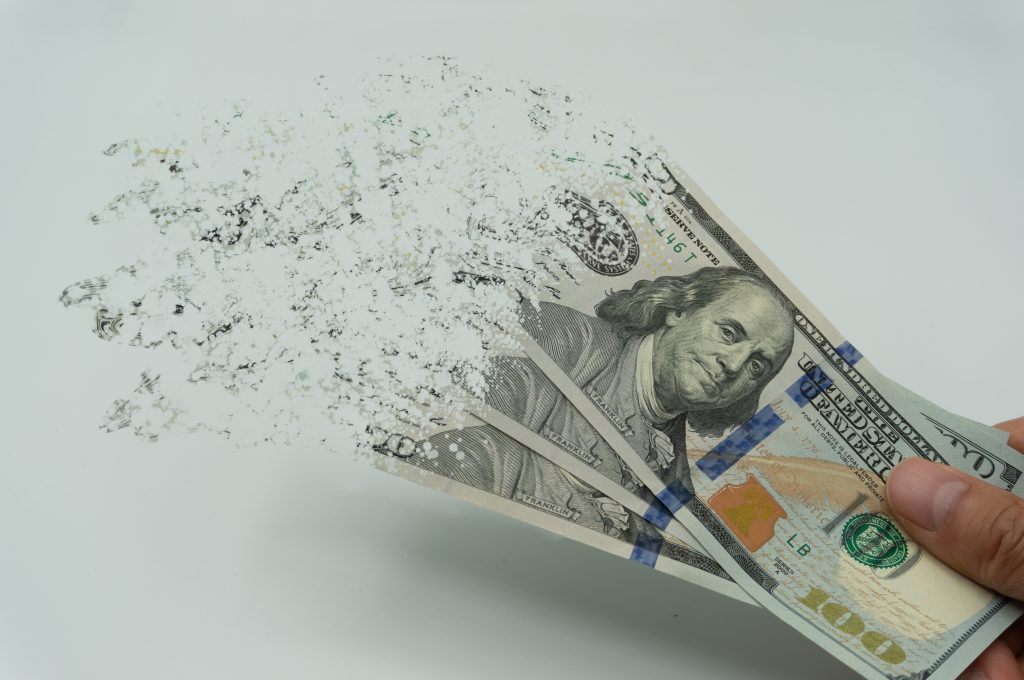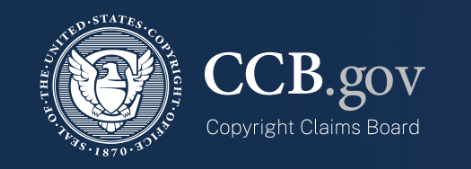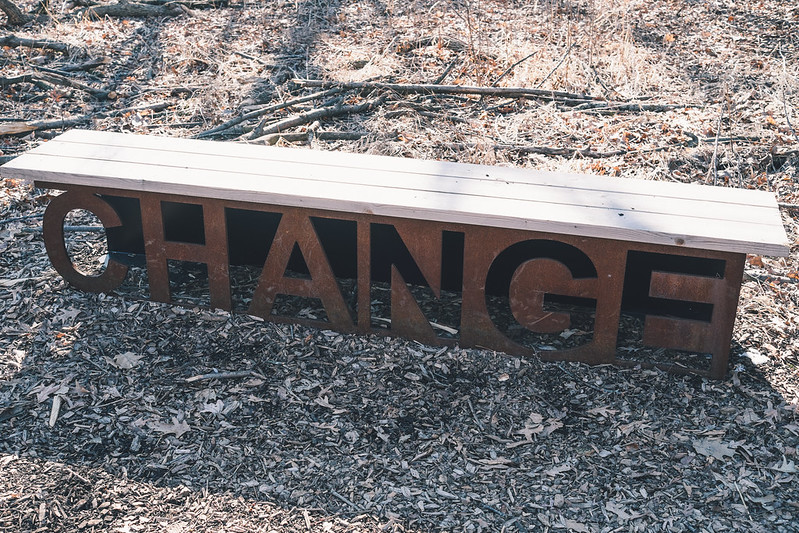Book-to-film scams are extremely common these days. If the publishing industry is opaque and secretive, the movie biz is even more so, and scammers take full advantage.
From disreputable marketers claiming to take your book to pitch events, to fake agents offering to represent you to major production companies, to scammers impersonating those production companies themselves, hordes of fraudsters are soliciting writers by phone and email with tempting-sounding "offers" and "opportunities" that they promise will route your book directly to the silver screen.
In reality, of course, the fraudsters have no Hollywood connections. The sole aim of these solicitations is to trick you into paying large amounts of money for products or services--screenplays, pitch decks, "cinematic trailers", and more--that you don't need and that may not even be delivered.







